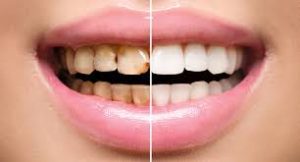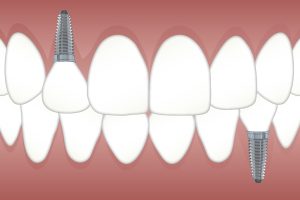Choosing the right denture can be a confusing task. You might feel overwhelmed by the options. But understanding the types of dentures can help. Dentures are not just for older people. They can help anyone with missing teeth. They improve eating and speaking. They also boost your confidence. You deserve a smile that feels natural and looks good. Whether you need full or partial dentures, proper guidance is key. A skilled denturist in Strawberry Hill, Surrey can help you make an informed decision. This guide will clarify your options and explain the pros and cons of each type. You will learn about traditional dentures, implant-supported versions, and more. This will give you the knowledge to choose what suits your needs. By the end, you will be ready to take the next step toward restoring your smile. Let’s explore how each option can serve you best.
Types of Dentures
Knowing the various types of dentures can guide you in choosing the best fit. Below are the most common options:
- Full Dentures: Replace all teeth in the upper or lower jaw. Ideal for people missing most or all of their teeth.
- Partial Dentures: Suitable when some natural teeth remain. They fill gaps and prevent remaining teeth from shifting.
- Implant-Supported Dentures: Attach to dental implants for extra stability. They offer a secure fit that feels more like natural teeth.
- Immediate Dentures: Can be used immediately after teeth removal. Useful for those who don’t want to wait for dentures.
- Overdentures: Fit over a few remaining natural teeth. Offer more stability than traditional full dentures.
Pros and Cons
Each type of denture has its own benefits and drawbacks. Understanding these can help you make an informed choice.
| Denture Type | Pros | Cons |
| Full Dentures | Cost-effective, can be easily adjusted | May feel bulky, can be less stable |
| Partial Dentures | Retains some natural teeth, prevents shifting | Requires healthy remaining teeth, may feel uncomfortable initially |
| Implant-Supported | Very stable, feels more natural | More expensive, requires surgery |
| Immediate Dentures | Quick solution, no waiting without teeth | May require adjustments, less precise fit |
| Overdentures | More stable than full dentures, preserves jawbone | Higher cost, requires healthy roots or implants |
Deciding on the Right Denture
Your choice depends on your specific needs, overall oral health, and budget. Consulting a professional helps ensure you’re making the best choice. Questions to consider include:
- How many teeth are missing?
- What is your budget for dental care?
- Are you comfortable with surgical procedures?
- How important is stability and appearance to you?
Getting Professional Advice
A dental professional will evaluate your oral health and listen to your concerns. They may recommend a dental exam and imaging to provide a clear picture of your needs. You can find more detailed information by visiting the National Institute of Dental and Craniofacial Research site.
Care and Maintenance
Maintaining dentures requires regular cleaning and care. Brush them daily and soak them in a cleaning solution. Proper care extends their lifespan and keeps your mouth healthy. Learn more about denture care by visiting CDC’s Oral Health Page.
Final Thoughts
Choosing the right dentures involves understanding your options and considering your lifestyle. The best choice is one that suits your needs and fits your budget. Consulting a denturist can guide you in making this important decision. With the right dentures, you’ll enjoy improved comfort and confidence. You’re taking a crucial step toward a healthier, happier smile.





